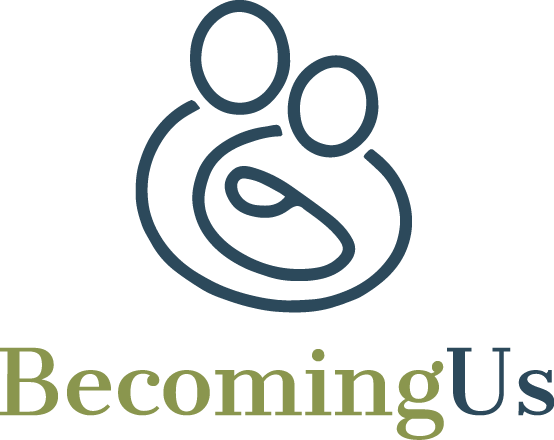When you love your partner and baby so much, you naturally want to be the best spouse and mother you can be. But what happens when you put too much pressure on yourself (and perhaps your partner too) to do more, or be more, than is necessary or maybe even helpful?
Many of us leave a career behind for a while to become a mother. And when you say farewell to a role where your effort and success is tangible (nobody’s going to give you a raise or a bottle of champagne for superior nappy changing!), it can be a massive life adjustment. And aiming for perfection might feel like a way to rise to the challenge, but it’s not necessarily the best way to cope with all the changes.
In fact, it’s more likely to become a problem.
For starters, the expectaions we shackle ourselves with may be unrealistic in the first place. Think abou this: where do your expectations come from? Movies? TV shows? That means they’re manufactured. Have you noticed how clean and tidy (or artfully messy) TV family homes are? Mothers are wearing ironed clothes, makeup and curled, blow dried hair. Even when they wake up! There’s a full meal on the table. Always a tossed salad.
This unreality is impossible to live up to and it can set us up to feel like a failure.
Thanks to social media, it’s too easy to compare ourselves to other parents. But parents are more likely to share the pretty Insta stuff with us, so our expectations are based on only part of the parenthood picture. A literal snapshot.
We may compare ourselves to our own mothers and fall short – but none of us can really know how they coped in those first few years before our memories were formed.
High bar expectations come with big risks. They can lead to feelings of inadequacy, failure or guilt, which can then contribute to depression. Trying to be perfect can also mean we pretend we don’t need or want help when we’re struggling (and we ALL do at some point!).
High bar expectations come with big risks. They can lead to feelings of inadequacy, failure or guilt which can then contribute to depression.
Unhelpful ideals can also cause feelings of frustration, resentment and conflict when our partner doesn’t live up to them. We can think there is something wrong with them or with our relationship, when it may actually be our expectations that are causing problems. New families, new parents, need room to breathe and learn and grow and imposing the pressures of perfection can prevent this.
So be kinder to yourself. You weren’t meant to do parenthood alone and without support. It’s only in our culture and relatively recently that women mother behind closed doors, separated from their family and community. Give yourself permission to be real - with yourself, with your partner and with others. It’s exhausting to try and be anything else. And besices, this is the ‘you’ that they love. Keeping up appearances doesn’t do favours for anyone.
If you’re expecting now, seek out birth education classes that cover early parentood too. There are many benefits to preparing for beyond birth. Ask your educator if you’ll be talking about expectations and suggest this if your class doesn’t cover them. They’re important. This is a great way for you and your partner to be on the same page from the beginning and benefits other couples in the class too.
Read quality pregnancy and early parenting information (Becoming Us is a great start!) so you can address any unrealistic expectations that are coming from your partner or others. Keep the lines of communication open and discuss your ideas, hopes and concerns regularly.
Talk honestly with friends, parents and in-laws about what’s going to work best for you and your family and set boundaries if their expectations are causing pressure: “this is how we’d like to do it and what we’d really appreciate help with if you’re willing”.
And focus on the important things: getting to know your new little person and who you are as a new parent. Early parenthood is as much about being, and becoming, as it is about doing.
Aim for “relaxed” rather than “perfect” and you’re giving yourselves a much better start.
For more check out Becoming Us, The Couple’s Guide to Parenthood.

